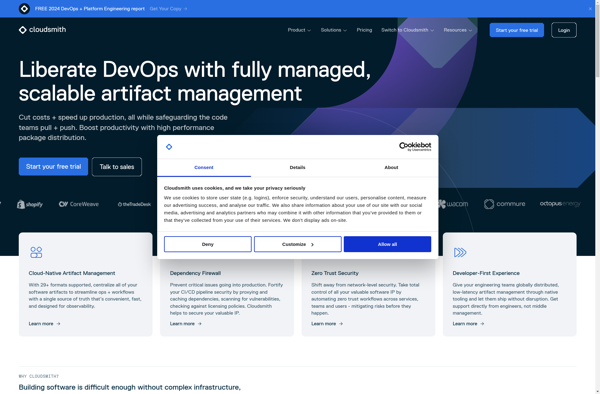Artifactory
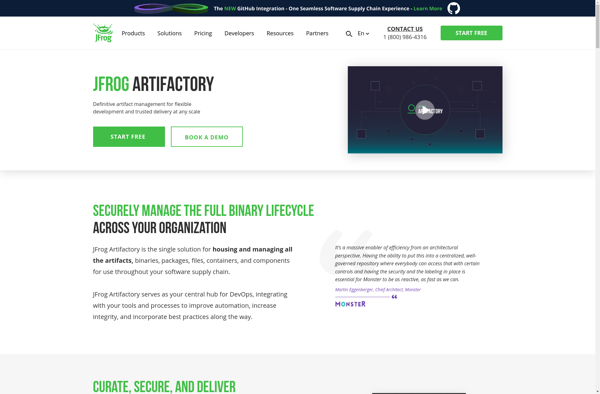
Artifactory: Artifact Repository Manager
Artifactory is an artifact repository manager used in DevOps to store, manage, and distribute software artifacts and dependencies. It serves as a binary repository that integrates with CI/CD pipelines.
What is Artifactory?
Artifactory is an artifact repository manager designed for use in DevOps environments to store, manage, and distribute software artifacts and dependencies. It serves as a scalable binary repository that can be integrated with CI/CD pipelines, build servers, and other tools in the DevOps toolchain.
Key features of Artifactory include:
- Serves as a central repository for binary artifacts, dependencies, and build artifacts generated during the software development lifecycle
- Supports a wide range of package formats including Maven, npm, NuGet, Docker, and more
- Provides fine-grained access controls and security policies to restrict access
- Offers replication and high availability configurations for redundancy and disaster recovery
- Integrates tightly with CI servers like Jenkins, TeamCity, CircleCI and upstream package managers
- Provides a smart search engine, robust REST APIs, drag and drop UIs
- Comes in both self-managed and SaaS versions with professional support options available from JFrog
In summary, Artifactory aims to serve as the single source of truth for an organization's software artifacts and dependencies, integrating with CI/CD pipelines while providing extensibility, security and scalability across the DevOps toolchain.
Artifactory Features
Features
- Binary repository manager
- Artifact caching
- Dependency management
- Access controls and security
- Integration with CI/CD pipelines
- REST APIs
- Web UI
Pricing
- Free
- Subscription-Based
Pros
Cons
Official Links
Reviews & Ratings
Login to ReviewThe Best Artifactory Alternatives
Top Development and Artifact Management and other similar apps like Artifactory
Sonatype Nexus Repository OSS
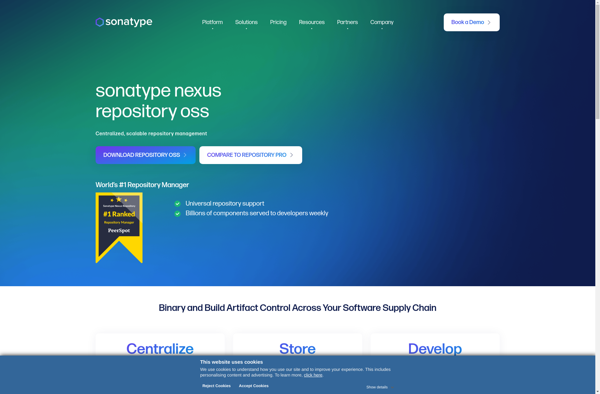
NuGet Server
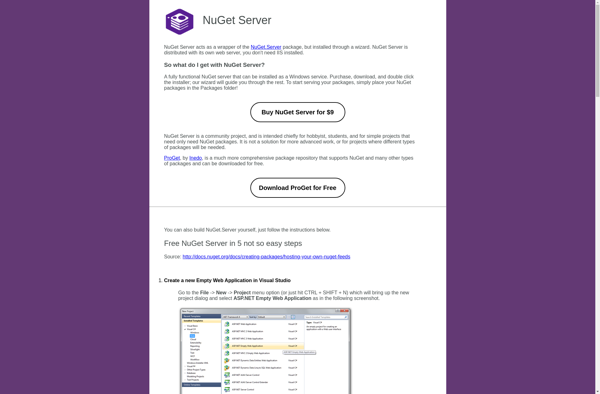
Private Packagist
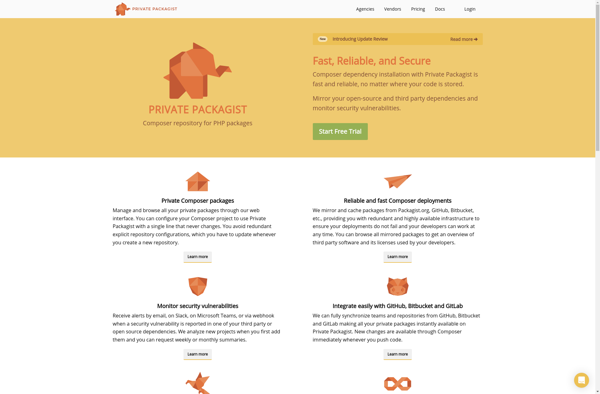
GitHub Package Registry

Packagecloud
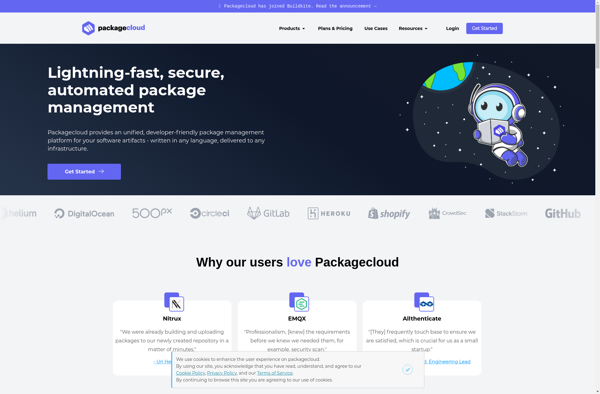
VMware Harbor
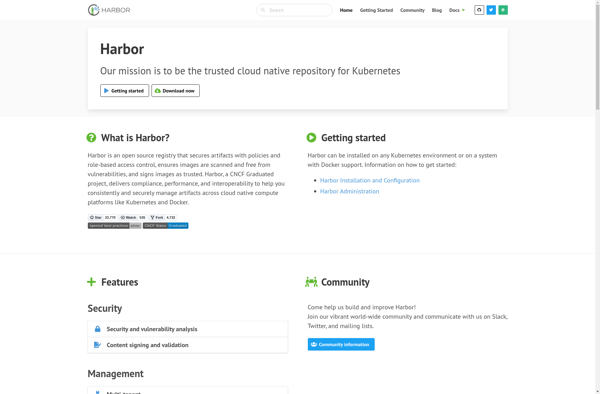
Sonatype Pro Suite
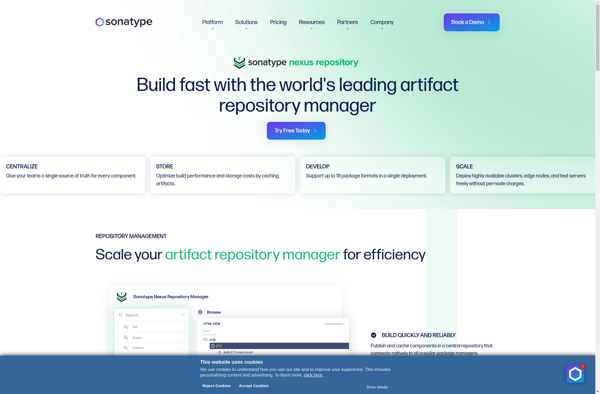
Toran Proxy
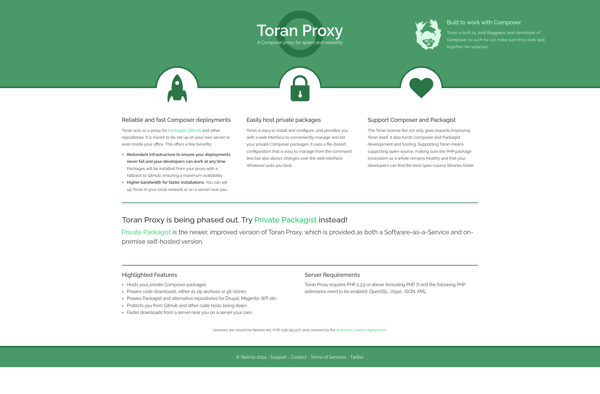
RubyGems
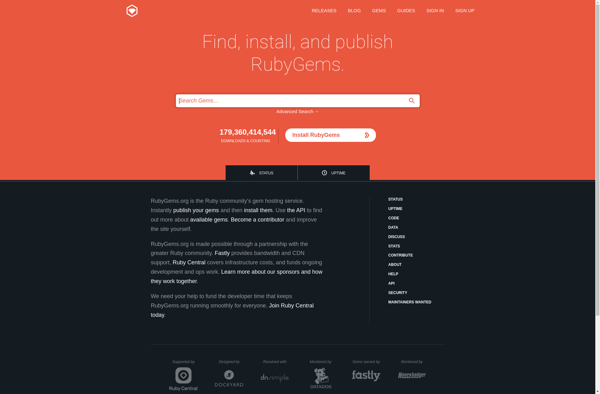
PyDist
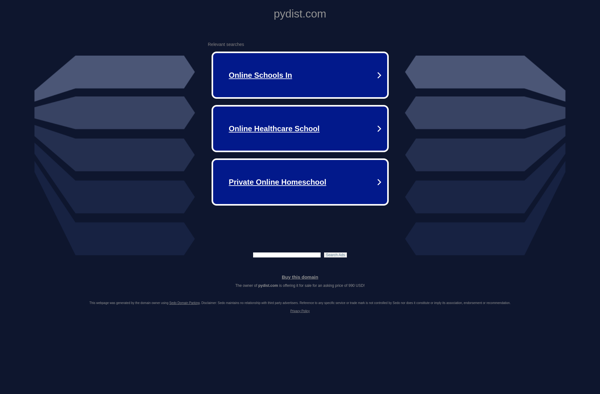
CloudRepo
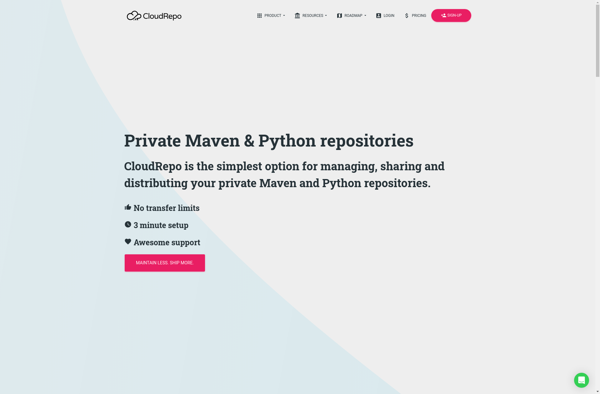
Cloudsmith
